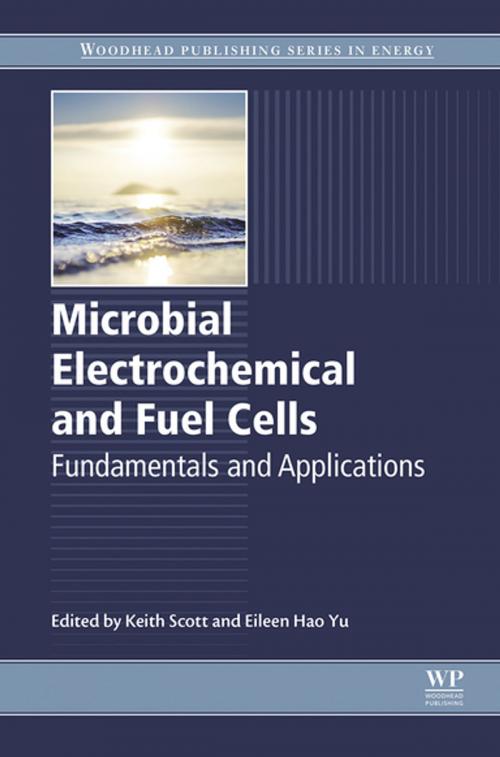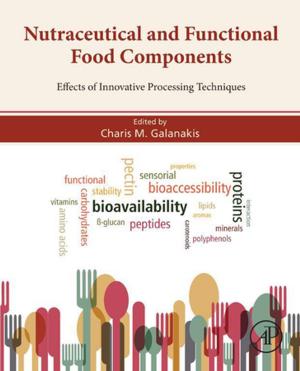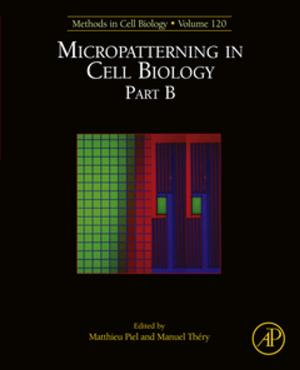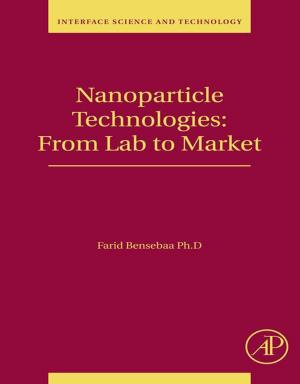Microbial Electrochemical and Fuel Cells
Fundamentals and Applications
Nonfiction, Science & Nature, Technology, Engineering, Environmental, Power Resources| Author: | ISBN: | 9781782423966 | |
| Publisher: | Elsevier Science | Publication: | November 25, 2015 |
| Imprint: | Woodhead Publishing | Language: | English |
| Author: | |
| ISBN: | 9781782423966 |
| Publisher: | Elsevier Science |
| Publication: | November 25, 2015 |
| Imprint: | Woodhead Publishing |
| Language: | English |
Microbial Electrochemical and Fuel Cells: Fundamentals and Applications contains the most updated information on bio-electrical systems and their ability to drive an electrical current by mimicking bacterial interactions found in nature to produce a small amount of power.
One of the most promising features of the microbial fuel cell is its application to generate power from wastewater, and its use in the treatment of water to remove contaminants, making it a very sustainable source of power generation that can feasibly find application in rural areas where providing more conventional sources of power is often difficult.
The book explores, in detail, both the technical aspects and applications of this technology, and was written by an international team of experts in the field who provide an introduction to microbial fuel cells that looks at their electrochemical principles and mechanisms, explains the materials that can be used for the various sections of the fuel cells, including cathode and anode materials, and provides key analysis of microbial fuel cell performance looking at their usage in hydrogen production, waste treatment, and sensors, amongst other applications.
- Includes coverage of the types and principles of electrochemical cells
- Provides information on the construction of fuel cells and appropriate materials
- Presents the latest on this renewable source of energy and the process for the treatment of waste water
Microbial Electrochemical and Fuel Cells: Fundamentals and Applications contains the most updated information on bio-electrical systems and their ability to drive an electrical current by mimicking bacterial interactions found in nature to produce a small amount of power.
One of the most promising features of the microbial fuel cell is its application to generate power from wastewater, and its use in the treatment of water to remove contaminants, making it a very sustainable source of power generation that can feasibly find application in rural areas where providing more conventional sources of power is often difficult.
The book explores, in detail, both the technical aspects and applications of this technology, and was written by an international team of experts in the field who provide an introduction to microbial fuel cells that looks at their electrochemical principles and mechanisms, explains the materials that can be used for the various sections of the fuel cells, including cathode and anode materials, and provides key analysis of microbial fuel cell performance looking at their usage in hydrogen production, waste treatment, and sensors, amongst other applications.
- Includes coverage of the types and principles of electrochemical cells
- Provides information on the construction of fuel cells and appropriate materials
- Presents the latest on this renewable source of energy and the process for the treatment of waste water















